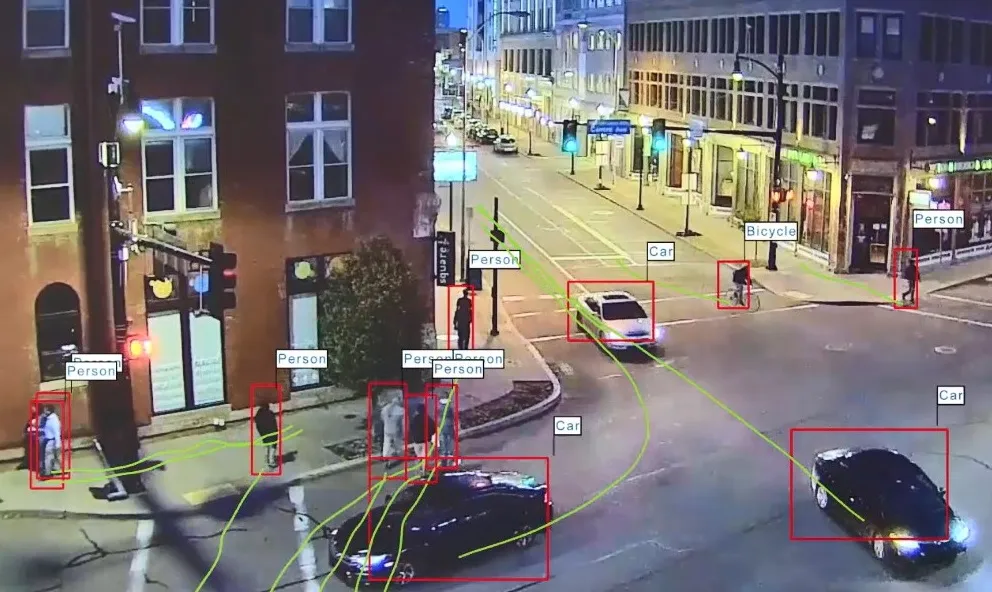Dutch access control specialist Nedap has supplied its ANPR Access licence plate recognition system for use at Lithuania’s border with Belarus and Russia, where kilometre-long queues of vehicles were commonplace, with waits of up to six days at peak times.
The system is integrated with the new queue management service (EVIS), developed by GoSwift, which enables motorists to pre-book their border crossing by entering their details and vehicle registration online, with the option to pre-book a slot or join
September 3, 2015
Read time: 2 mins
Dutch access control specialist 3838 Nedap has supplied its ANPR Access licence plate recognition system for use at Lithuania’s border with Belarus and Russia, where kilometre-long queues of vehicles were commonplace, with waits of up to six days at peak times.
The system is integrated with the new queue management service (EVIS), developed by GoSwift, which enables motorists to pre-book their border crossing by entering their details and vehicle registration online, with the option to pre-book a slot or join a virtual queue.
Nedap’s ANPR Access system, which was installed by the company’s Lithuanian partner Viltechna, is specifically designed for vehicle access control and free flow applications. The all-in-one-solution features on-board intelligence and is easily installed and integrated with other systems.
Drivers arriving at the border are identified by their licence plate; dynamic displays provide real time information on the number of queued vehicles and guide drivers to the waiting areas.
According to Nedap, the results are impressive, with better use of the capacity of border crossing points and more efficient journey planning for trucks and passenger cars being just two of the immediate benefits. Mandatory pre-booking also cuts out illicit trade and eliminated the thriving black market for border crossing slots. The reduction of truck queues has improved local traffic flows and road safety.
The system is integrated with the new queue management service (EVIS), developed by GoSwift, which enables motorists to pre-book their border crossing by entering their details and vehicle registration online, with the option to pre-book a slot or join a virtual queue.
Nedap’s ANPR Access system, which was installed by the company’s Lithuanian partner Viltechna, is specifically designed for vehicle access control and free flow applications. The all-in-one-solution features on-board intelligence and is easily installed and integrated with other systems.
Drivers arriving at the border are identified by their licence plate; dynamic displays provide real time information on the number of queued vehicles and guide drivers to the waiting areas.
According to Nedap, the results are impressive, with better use of the capacity of border crossing points and more efficient journey planning for trucks and passenger cars being just two of the immediate benefits. Mandatory pre-booking also cuts out illicit trade and eliminated the thriving black market for border crossing slots. The reduction of truck queues has improved local traffic flows and road safety.








